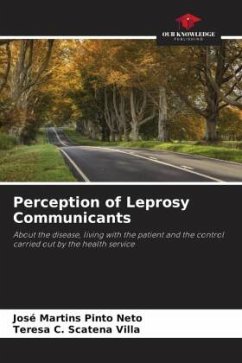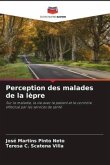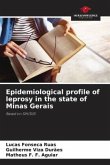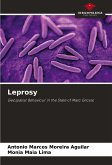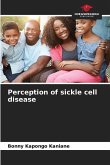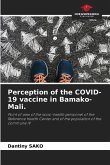Leprosy continues to be a public health problem in Brazil and in some countries around the world, even after the beginning of treatment by polychemotherapy in the 1980s. This thesis sought to identify, describe and analyse the perception of intra-household communicants about the disease, living with the patient and the control performed by the health service. A qualitative approach was chosen. The study population consists of 19 intradomiciliary communicants registered in the health unit where actions of the Leprosy Elimination Programme are developed in the municipality of Fernandópolis/SP. The instruments used for data collection were: the patient's medical record, the form and the semi-structured interview, with three guiding questions. For the analysis of qualitative data, the Content Analysis technique, Thematic modality, was used. Three thematic units were formed from the nuclei of meaning. It was also found the need to value the surveillance of contacts in other perspectives, besides the epidemiological one, in order to contemplate other dimensions of the lives of these subjects.
Bitte wählen Sie Ihr Anliegen aus.
Rechnungen
Retourenschein anfordern
Bestellstatus
Storno

